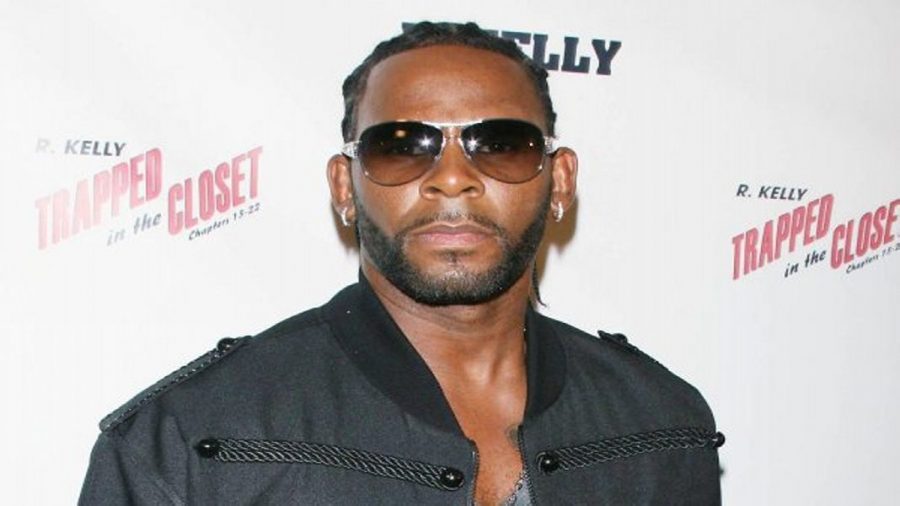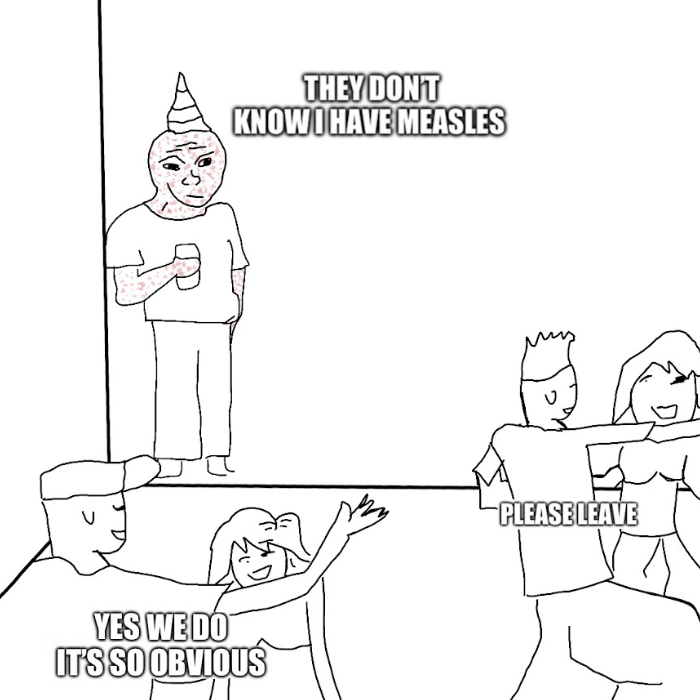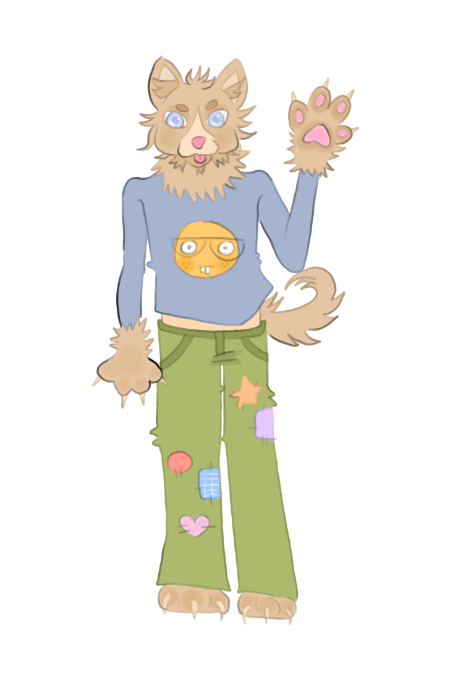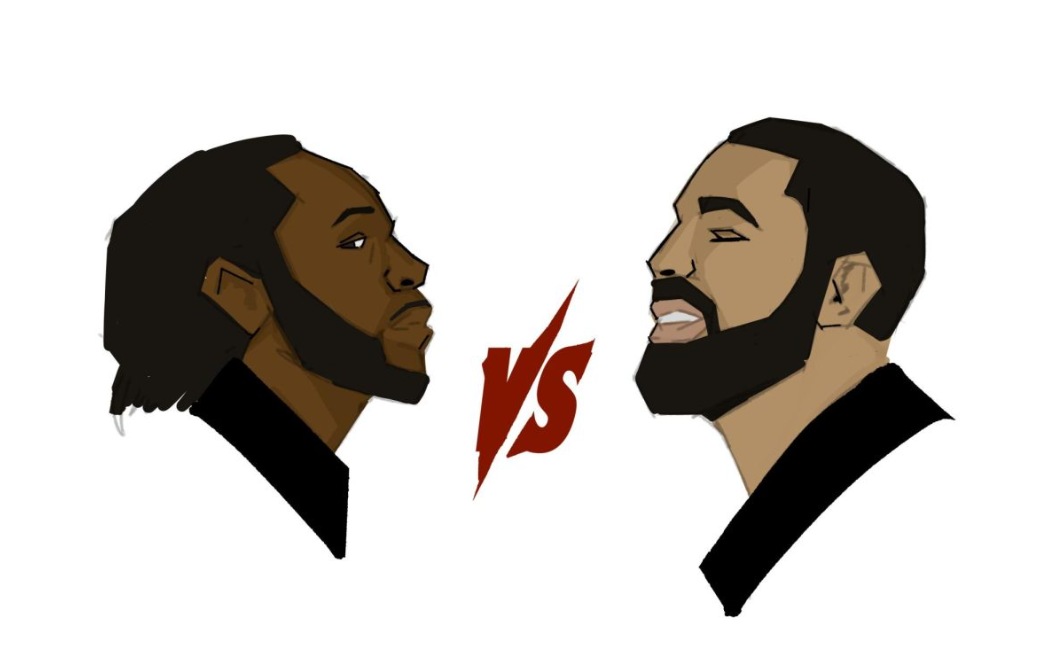The person responsible for paving the path of the R&B world is now one of the most abhorred people just days after we welcomed 2019.
Born Robert Sylvester Kelly, the R&B superstar had successfully dodged bullets after bullets of accusations of abuse, manipulation and inappropriate encounters with young women.
The six-part docuseries “Surviving R. Kelly,” aired by Lifetime, brought back attention to Kelly’s riddled scandals that have been going on for almost three decades; 26 years of sexual, physical and mental abuse performed towards our women and somehow, we decided to disassociate ourselves from him just today.
His sickening actions have always been right in front of our eyes, and yet, we chose to blind ourselves. Why did we wait so long to realize that R. Kelly, the man who married a 15-year-old Aaliyah when he was 27 years old, was a predator?
A potent artist considered by the music industry and the people, Kelly’s abusive behavior was overlooked due to his staggering ability to make hits after hits after hits – one of the main reasons victims of sexual harassment tend to defer from speaking their truth.
As an R&B fanatic, artists ranging from Ginuwine to Brent Faiyaz have made the cut in my Apple Music library, and R. Kelly was one of them. Songs like “Ignition (Remix),” “Bump n’ Grind” and even the famous “I Believe I Can Fly” are Kelly’s most prominent songs that were acclaimed by the masses. Behind these multiple award-nominated-songs, lies Kelly’s questioned and concealed sexual allegations towards young women – from being indicted on 21 counts of child pornography to performing sexual intercourse with a 14-year-old girl.
Even after all these malicious scandals were swirling, Kelly could still return to the studio one more time and collaborate with iconic artists such as Michael Jackson, Celine Dion, Lady Gaga and many others. Preying on younger women since he was 25 years old, Robert Kelly was untouchable.
“Can you separate art from [the artist]? It’s hard but I can,” tweeted Ibrahim “Ebro” Darden, a well-known radio presenter. As controversial as it is bewildering, this tweet portrays the constant support provided by the community for him: “nobody wants to give up the music they love, and nobody wants to think badly of the artist they love.”
One may think that by still bumping R. Kelly in their car is not a big deal, but let me tell you why it is: An automatic deposit of almost $22,000 goes into his pocket every month. And that is only for one song. On Jan. 5, his songs generated a staggering increase of streaming on all platforms by 116 percent from Jan. 2, the day before “Surviving R. Kelly” began–he is still getting that paper.
By supporting heinous artists like R. Kelly, we are consequently discouraging victims of sexual and physical abuse to come out and tell their truth. Knowing that your unfortunate story is being ignored and sometimes ridiculed by other people is as traumatic as it is exhausting.
These artists receive pillars after pillars of support from their label, fans, the media and many more, but those victims receive none if we don’t tune in to them. I’m aware that it is difficult to detach ourselves from the artist, but at the same time, we are still allowing them to make new music, go on tours, continue to expand their platform, voice and have other opportunities. Just remember: If you support evil, you are evil. With that being said, let’s mute R. Kelly.










